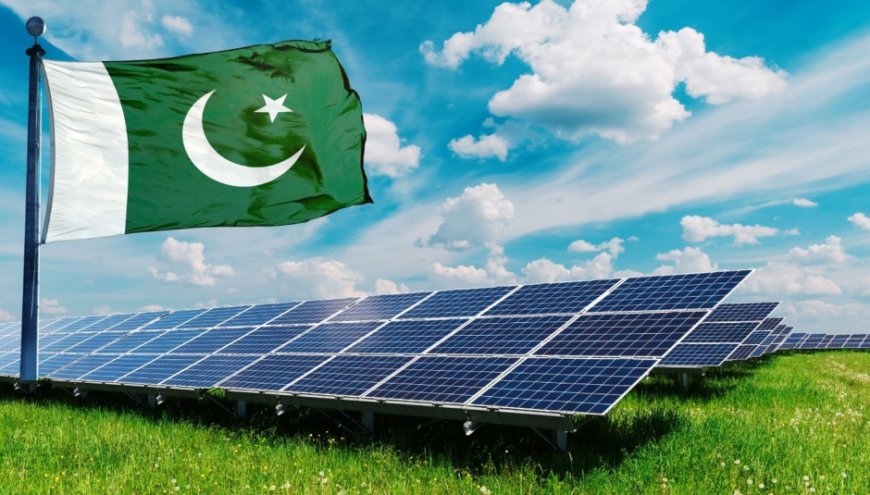Pakistan at Risk of Losing $300M World Bank Solar Project
Pakistan may lose a $300 million World Bank solar energy deal due to policy delays and bureaucratic hurdles. Experts warn of setbacks for renewable energy and economic growth.

Pakistan’s renewable energy ambitions face a major setback as the country risks losing a $300 million World Bank solar project. According to energy sector insiders, bureaucratic delays, weak policy implementation, and unclear frameworks have slowed down progress, threatening the future of one of Pakistan’s largest renewable energy initiatives.
The $300 million program, supported by the World Bank, is designed to accelerate Pakistan’s shift towards clean and affordable energy.
-
Focus: Expansion of solar power generation capacity.
-
Goal: Reduce dependency on costly imported fuels.
-
Beneficiaries: Both urban households and rural communities through grid and off-grid solutions.
If implemented successfully, the project could significantly reduce electricity shortages and ease the financial burden on Pakistan’s struggling power sector.
Experts warn that Pakistan’s slow-moving regulatory processes may jeopardize the entire deal.
-
Lack of clarity on tariff structures.
-
Disputes over land acquisition for solar projects.
-
Insufficient government coordination with private investors.
These hurdles have not only delayed the project but also discouraged potential international investors.
Pakistan continues to grapple with a chronic energy crisis:
-
High reliance on imported oil and gas, which strains foreign reserves.
-
Electricity shortages disrupt industries and households.
-
Rising demand for affordable, sustainable energy solutions.
The $300 million solar program was seen as a lifeline for long-term energy security, but delays could push Pakistan back toward more expensive and less sustainable options.
Losing the World Bank deal would have serious consequences:
-
Pakistan could miss its renewable energy targets for 2030.
-
Dependence on imported fossil fuels may worsen the trade deficit.
-
Climate change commitments under the Paris Agreement would be harder to achieve.
“This is not just about energy. It’s about Pakistan’s economic future and global credibility,” said an energy policy analyst.
Officials from the Ministry of Energy claim they are in active discussions with the World Bank to resolve outstanding issues. They maintain that:
-
New policy reforms are being prepared to streamline approvals.
-
Incentives for private sector participation will be introduced.
-
Pakistan remains committed to expanding its solar and renewable capacity.
However, analysts remain cautious, noting that words must be backed by timely action to save the deal.
For Pakistan, securing this deal is about more than funding. It represents an opportunity to:
-
Reduce energy costs.
-
Create green jobs in the renewable sector.
-
Strengthen energy independence.
But with deadlines approaching, the government must act quickly. Delays risk not only the loss of $300 million but also the chance to prove Pakistan’s seriousness in tackling climate change.
The $300 million World Bank solar deal is a critical test for Pakistan’s renewable energy vision. Failure to secure the agreement could undermine both economic stability and global climate commitments.
For a country battling rising energy costs and a fragile economy, Pakistan cannot afford to let this opportunity slip away.

 Israr Ahmed
Israr Ahmed